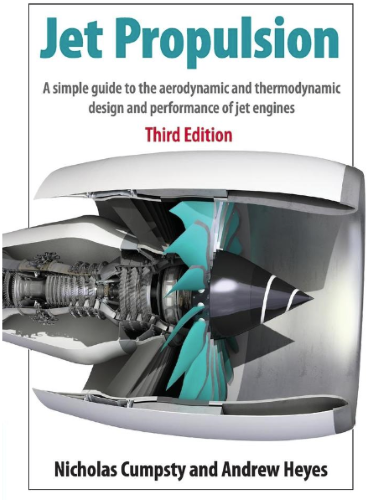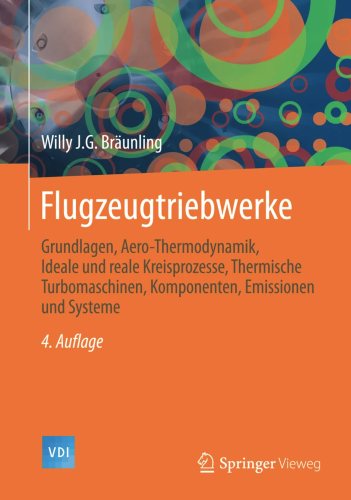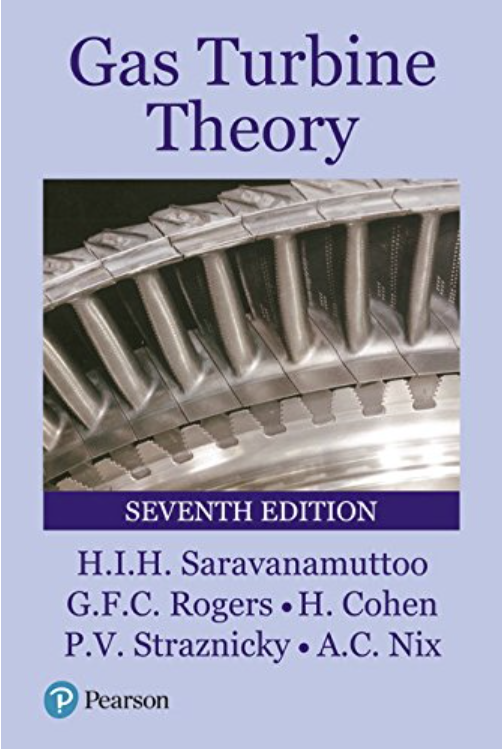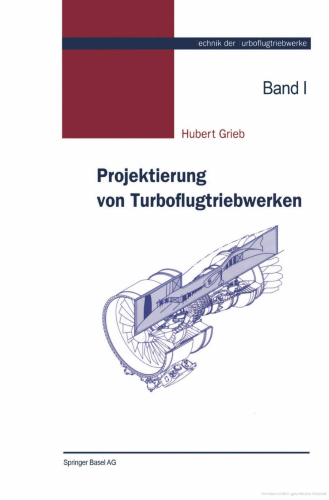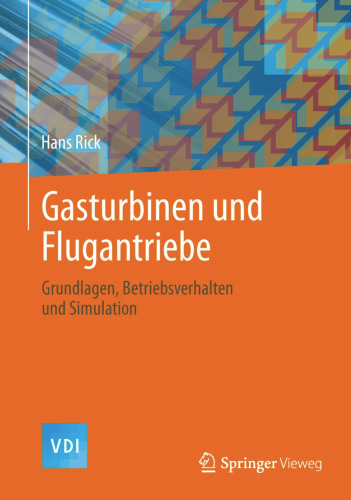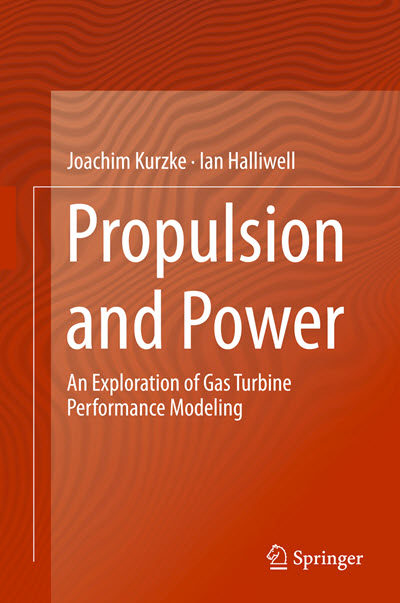 Writing the book was a great learning experience for the authors, Joachim Kurzke and Ian Halliwell, as well as for the editor, Robert Hill. Since publication in 2018, we have discovered several minor errors and are preparing a second edition to correct these and to add some further topics. The team of three continues to work together and has already sent the second edition manuscript to Springer Nature.
Writing the book was a great learning experience for the authors, Joachim Kurzke and Ian Halliwell, as well as for the editor, Robert Hill. Since publication in 2018, we have discovered several minor errors and are preparing a second edition to correct these and to add some further topics. The team of three continues to work together and has already sent the second edition manuscript to Springer Nature.
Recently we have been informed by the publisher that the translation rights were sold to China.
This book is written for anyone interested in preliminary design of gas turbine engines, their operation, and their performance. But it is much more than that. For practicing engineers, we offer some new and unique approaches to performance analysis, interpretation of test data, and rapid answers to what-if questions. For students and teachers, we supply some fresh ways of looking at engine technology to make the learning and teaching experience more enjoyable and encourage further exploration. We present industrial systems modeling and performance prediction, but we connect them solidly to a knowledge of thermodynamics and turbomachinery supplied typically by university courses in propulsion and power generation. The book is intended for teachers as a source of information for lecture materials and exercises for their students. It is illustrated extensively with examples and data from real engine cycles, all of which can be reproduced with publicly available software like GasTurb, for example.
The book discusses the practical application of thermodynamic, aerodynamic, and mechanical principles. We describe the theoretical background of the simulation elements and the relevant correlations through which they are applied, however we refrain from detailed derivations. We try to explain things simply. We want the readers to understand the subject themselves, rather than be impressed by our knowledge, so we are not worried about being accused of writing popular science.
While working in industry under pressure, who remembers all the complex mathematical derivations? Most of the time, you don’t need them, except perhaps to develop a new product or design tool - and such activities should not be based on extrapolation of an existing idea but on confident extensions of engineering fundamentals. Therefore, you should know the basic physical laws and how to apply them. We want to teach you to make best use of existing software. We want to prevent you from doing too much trial and error. We want you to avoid some of the errors we made! Having said that, errors cannot be avoided sometimes, but their effects can be minimized, and much can be learned by always checking results for plausibility.
Other books which refer to GasTurb
GasTurb is a trademark of GasTurb GmbH, Aachen, Germany

